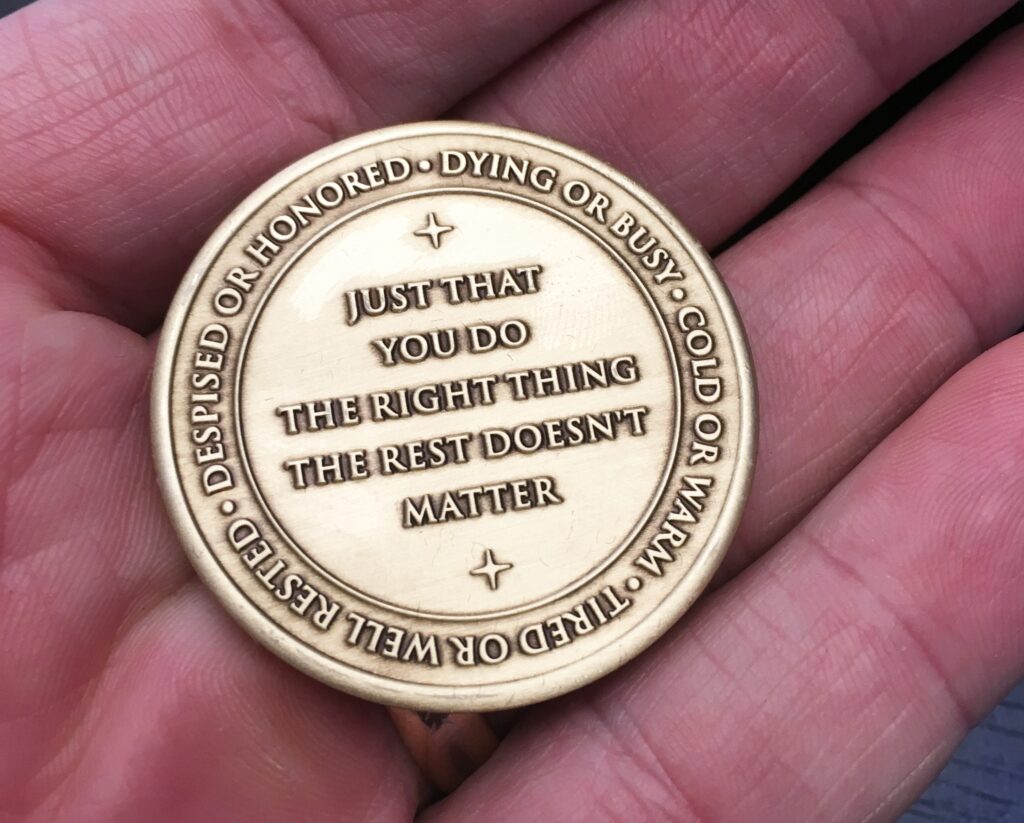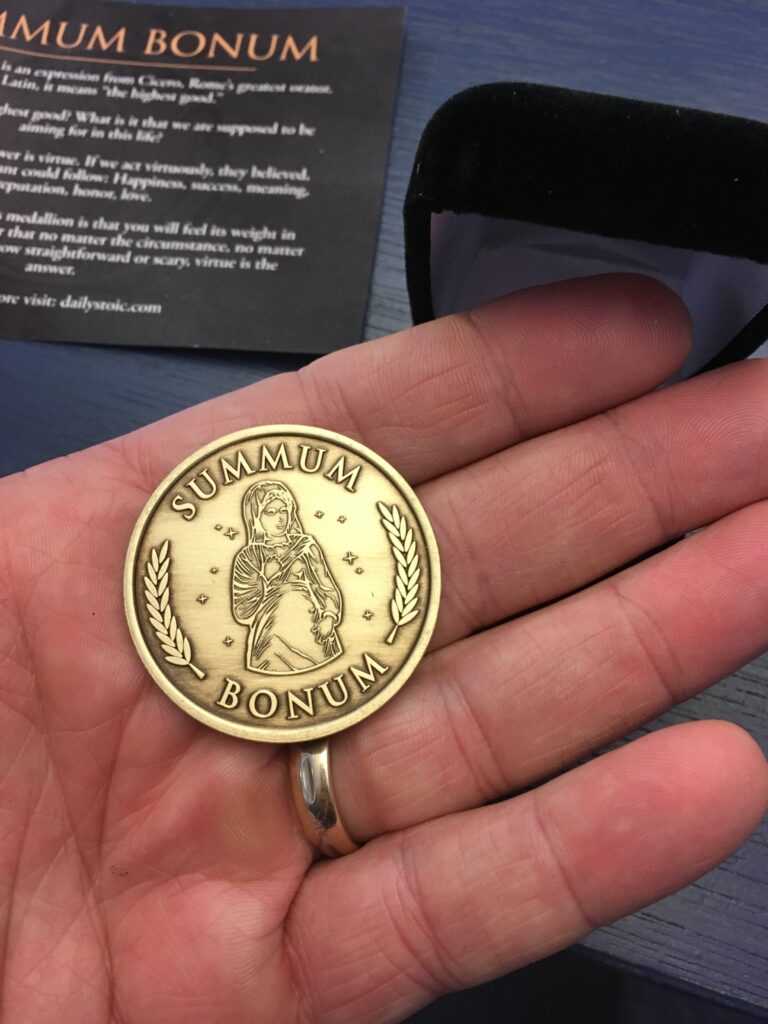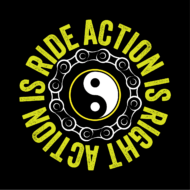As someone who is by no means innocent with regard to the following tendencies, yet has been working to be more self-reflective and step out of the cycle, this passage from a book I am reading struck me last night and though long and slightly out of context, I thought merited transcribing. It’s relevance to this time of year is oddly coincidental (Fortuitous? Prophetic?) as well.
“Consumerism has worked very hard, with the help of popular psychology (‘Just do it!’) to convince people that indulgence is good for you, whereas frugality is self-oppression.
It has succeeded. We are all good consumers. We buy countless products that we don’t really need, and that until yesterday we didn’t know existed. Manufacturers deliberately design short-term goods and invent new and unnecessary models of perfectly satisfactory products that we must purchase in order to stay ‘in’. Shopping has become a favorite pastime, and consumer goods have become essential mediators in relationships between family members, spouses and friends. Religious holidays such as Christmas have become shopping festivals. In the United States, even Memorial Day – originally a solemn day for remembering fallen soldiers – is now an occasion for special sales. Most people mark this day by going shopping, perhaps to prove that the defenders of freedom did not die in vain.
The flowering of the consumerist ethic is manifested most clearly in the food market. Traditional agricultural society lived in the awful shade of starvation. In the affluent world of today one of the leading health problems is obesity, which strikes the poor (who stuff themselves with hamburgers and pizzas) even more severely than the rich (who eat organic salads and fruit smoothies). Each year the US population spends more money on diets than the amount needed to feed all the hungry people in the rest of the world. Obesity is a double victory for consumerism. Instead of eating little, which will lead to economic contraction, people eat too much and then buy diet products – contributing to economic growth twice over.
How can we square the consumerist ethic with the capitalist ethic of the business person, according to which profits should not be wasted, and should instead be reinvested in production? it’s simple. As in previous eras, there is today a division of labour between the elite and the masses. In medieval Europe, aristocrats spent their money carelessly on extravagant luxuries, whereas peasants lived frugally, minding every penny. Today, the tables have turned. The rich take great care in managing their assets and investments, while the less well heels go into debt buying cars and televisions they don’t really need. The capitalist and consumers ethics are two sides of the same coin, a merger of two commandments. The supreme commandment of the rich is ‘Invest!’ The supreme commandment of the rest of us is ‘Buy!’
The capitalist-consumerist ethic is revolutionary in another respect. Most previous ethical systems presented people with a pretty rough deal. They were promised paradise, but only if they cultivated compassion and tolerance, overcame craving and anger, and restrained their selfish interests. This was too tough for most. The history of ethics is a sad tale of wonderful ideas that nobody can live up to. Most Christians did not imitate Christ, most Buddhists failed to follow Buddha, and most Confucians would have caused Confucius a temper tantrum.
In contrast, most people today successfully live up to the capitalist-consumerist ideal. The new ethic promises paradise on condition that the rich remain greedy and spend their time making more money, and that the masses give free rein to their cravings and passions – and buy more and more. This is the first religion in history whose followers actually do what they are asked to do. How, though, do we know that we’ll really get paradise in return? We’ve seen it on television.”
-From Sapiens: A Brief History of Humankind, by Yuval Noah Harari


